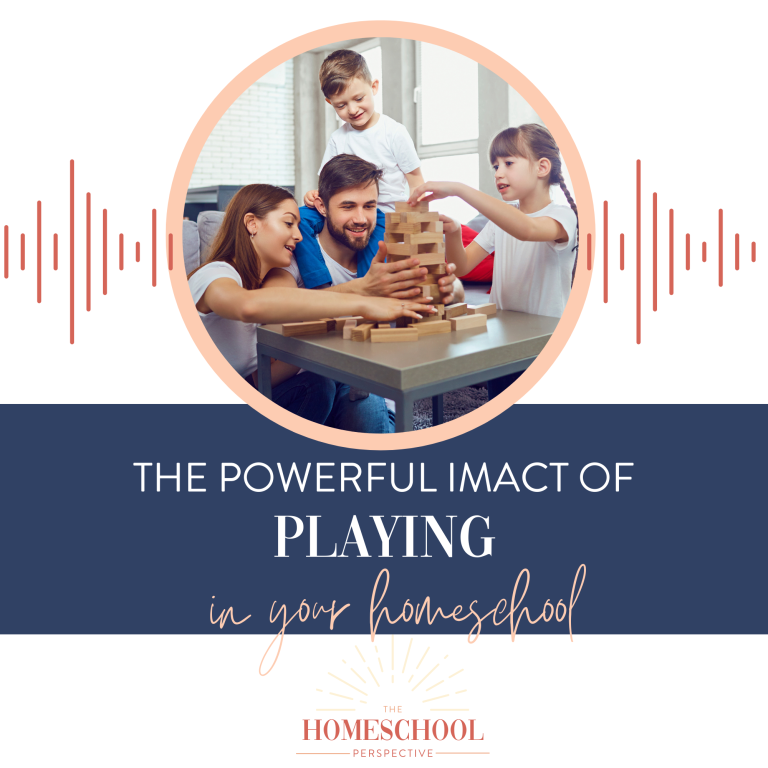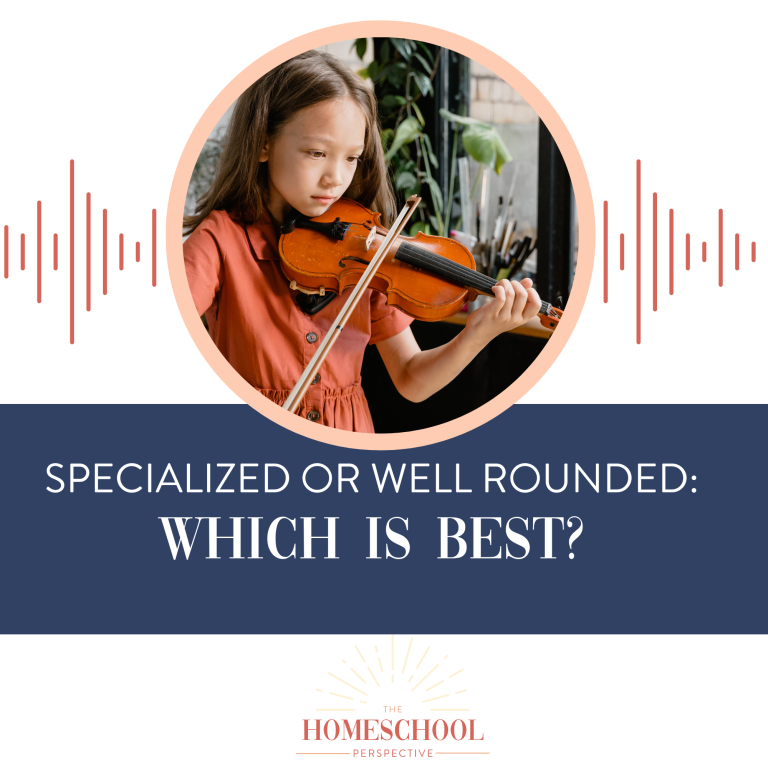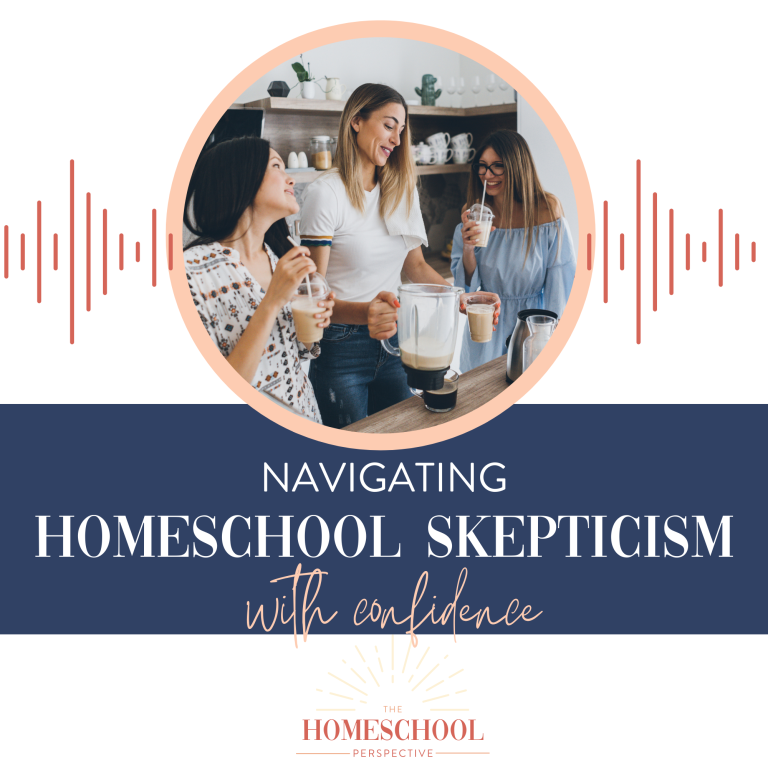Mix, Match, Or Commit: Your Homeschool Style
The world of homeschooling is diverse, with many approaches, philosophies, and methods available to parents. From Classical to Charlotte Mason, Montessori to unschooling, each method has its champions and critics. But do you need to declare a specific homeschooling method to be successful? Is it essential to label your homeschooling style, or can you pick and choose what works best for your family?
Homeschool methods often come with passionate followers, each claiming that their approach is the best way to educate. Classical educators champion a structured approach filled with rigorous academics and memorization.
Charlotte Mason advocates a gentle, literature-rich education that emphasizes nature study and the arts. Montessori purists focus on using real life tools and instruments from an early age. Classically educating purists have the kids memorizing the timeline of history. Meanwhile, Unschoolers encourage a child-led approach, allowing kids to follow their interests freely. And then there’s the eclectic approach, which blends elements from various methods to create a personalized educational experience.
The truth is, most homeschooling families end up somewhere in the middle, combining aspects of different methods to suit their family’s needs. The real magic happens when parents allow themselves the freedom to adapt and evolve their approach based on what works best for their children. As homeschool mom and podcast host Rachel Figg put it, “We started with a love for Charlotte Mason, but it didn’t work for all my kids. Before we knew it, we had an eclectic sort of homeschool, and we embraced it.”
The key is to understand that each child is unique, and what works for one may not work for another. This flexibility allows parents to cater to their children’s individual learning styles, interests, and needs. Lisa Yvonne, another host on the podcast, shared how she tailored each of her children’s education: “My kids knew what they liked to learn and how they liked to learn because we did all the things when they were younger.”
Ultimately, the goal of homeschooling is to create lifelong learners, to develop the whole child, and to prepare them for the world. Whether you choose a specific method or blend several, remember that it’s not about following a strict set of rules, but about finding what works best for your family. So, don’t stress about fitting into a homeschooling box. Explore, experiment, and most importantly, enjoy the journey with your children
Resources Mentioned:
- Books and Talks
- Educating the Wholehearted Child by Clay and Sally Clarkson
- The Well-Trained Mind by Susan Wise Bauer
- Sir Ken Robinson’s TED Talk: Do Schools Kill Creativity?
- Amazing Educators & Authors
- Maria Montessori
- Charlotte Mason
- John Holt
- Homeschool Method Quizzes
- Various online quizzes to help identify which homeschooling method might suit your family, such as this one
Join the Conversation!
We’d love to hear from you! What’s your homeschooling style? Have you found a particular method that works best for your family, or are you more eclectic in your approach? Share your thoughts and experiences with us on Instagram or visit our website to join the discussion. Remember, it’s your family, your homeschool. There’s no one right way to do it. Happy homeschooling!






